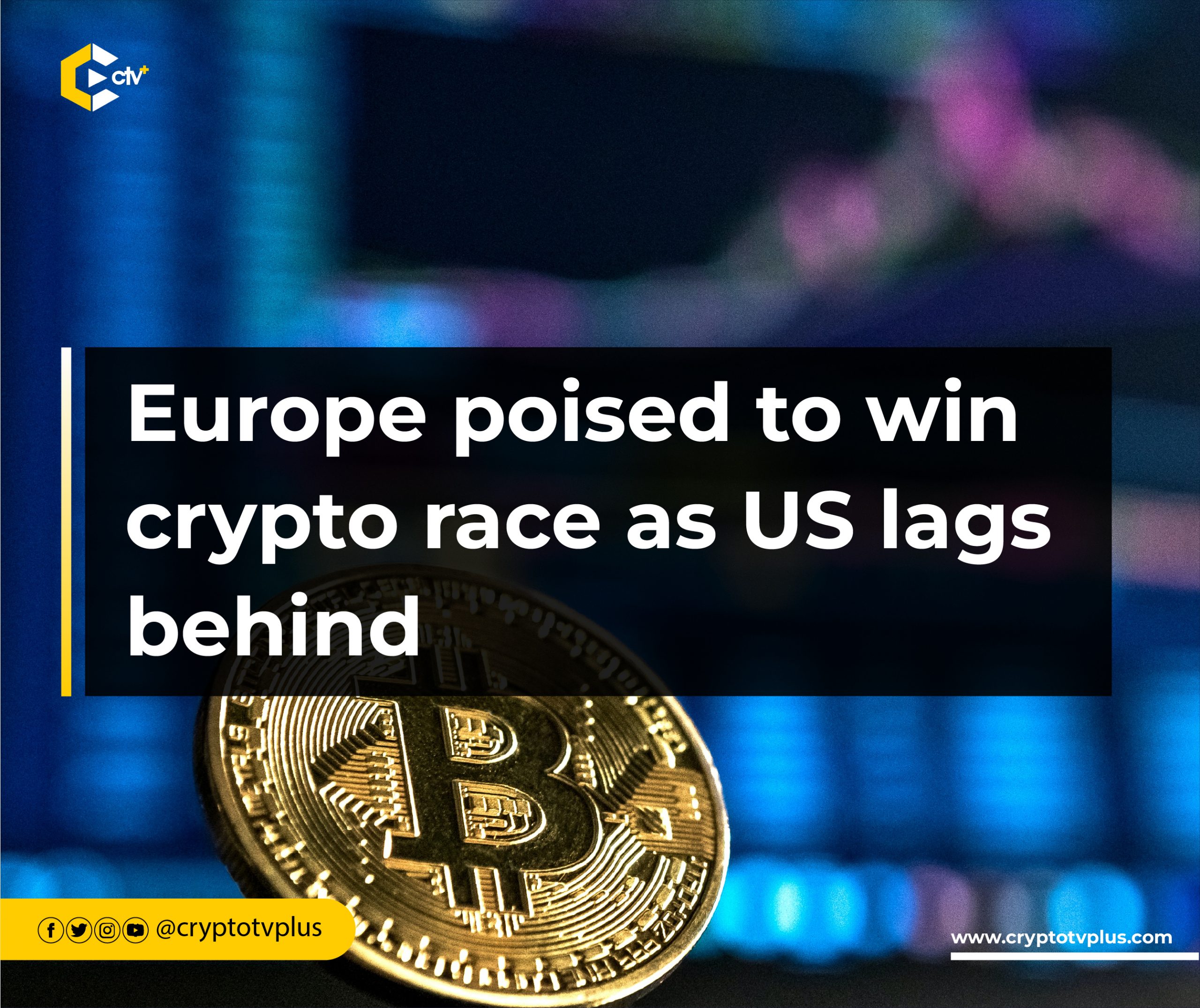FEATURED
Europe poised to win crypto race as US lags behind

Since the discussion around the development of the regulatory framework for crypto started, there have been different reactions from various regions around the world. Governments such as in China, have either banned crypto, or remained indifferent to it.
While the US and Europe lead the crypto industry in terms of the number of users and crypto startups, Europe stands the best chance to win the crypto race. This was the assertion of Jan Vaneck, CEO of Van Eck, at the Miami Bitcoin 2023 event.
The CEO, in a panel, said that a lot of firms and professionals are leaving the US for Europe because of the hostility towards crypto and the lack of a regulatory framework.
He added that a large chunk of his firm’s $70 billion worth of assets is situated in Europe, including 80 different funds and wrapped tokens.
He noted that VanEck has been strategic in terms of moving outside of the US because Europe is more ready to absorb crypto than the US. “Europe is going to be the winner here.”
The development and implementation of MiCA by the EU was another strong point noted by Jan on the progress Europe is making on crypto.
MiCA (Markets in Crypto Assets regulation) is a regulatory framework proposed by the European Commission in 2020 in response to creating regulations for crypto and other digital assets.
In 2021, the European Parliament and the Council of the European Union began negotiations on the MiCA Regulation and the last update by the EU on it shows that by Q2 2024, the law should be enacted.
The need to interface with regulators
Jan went further to tell the audience that one reason behind the company’s move is that there is a need for crypto firms to have a direct interface with regulators. Since these regulators are the decision makers, crypto firms can know what these regulators want and dislike as well as share industry insight with them.
In the US, “we’re not getting any guidance whatsoever,” unlike in Europe. Then for Singapore, Brazil, UAE, and Bermuda, which are legitimate financial centers, there is a challenge of the absence of large crypto retailers, Jan explained.
In contrast, in Europe, especially in Germany and France, there is a huge “mainstream retail market that to me is the most promising.”
Changing financial world
Speaking about how the financial system of the world has changed, Jan noted that while Bitcoin is now part of the portfolios of many investors, the majority of the big institutions in the US have few changes yet.
He added that apart from holding assets from Andreessen Horowitz and some tokens via their VC allocation, US institutions are still waiting for the right time to be part of the crypto industry. “They’re still trying to understand how to get involved, and obviously they’re a little concerned about the price collapse and FTX and the regulatory FUD.”
Read also;
Crypto-friendly banks collapse due to poor risk management, not Bitcoin
Why the US may lose the race to crypto
























